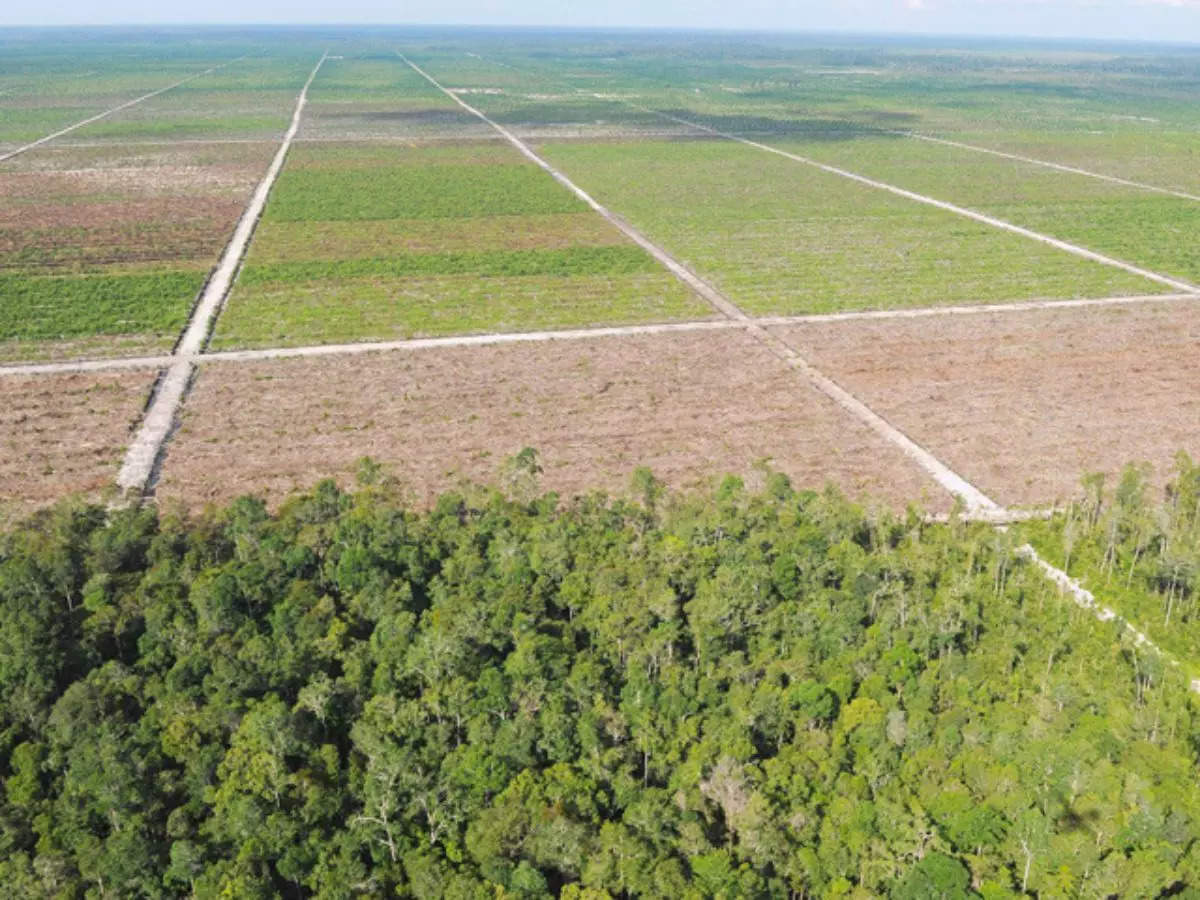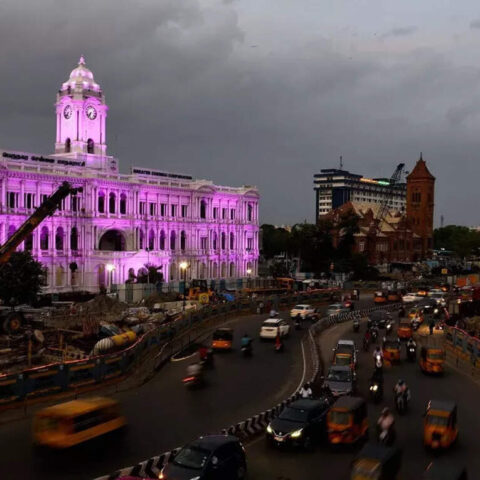
BENGALURU | MUMBAI: Digitisation of land records using GIS (geographic information system) technology is set to streamline land acquisition and attract investment in the resurgent real estate sector, with unique identification numbers for rural land proposed in the budget.
Digitisation will reduce uncertainty regarding the ownership of a property and boost early-stage investments in residential real estate projects, experts said.
This is particularly important given the recent surge in land acquisition interest from developers amid a resurgence of the residential property market, they said.
“In addition to mid- and last-mile financing, we invest in residential developments at the early stages. Currently, our early-stage investments are limited to government-auctioned residential group housing land parcels, where title and entitlement risks are negligible,” said Amit Bhagat, chief executive and managing director of ASK Property Fund. “The digitisation of land records in a timely manner in urban centres or satellite towns will reduce title risks, enabling more corporates, domestic and offshore funds to participate in early-stage investments or financing. This will increase supply and help stabilise prices,” he said. Land acquisition has become a major challenge for developers and brokers recently, with multiple investors competing for the same assets. This competition has driven land prices up by 30-50% over the past three years in key real estate markets including Bengaluru, Mumbai, the National Capital Region (NCR), Pune, Chennai, Ahmedabad, Kolkata, and Hyderabad.
“Digitised land records address one of our sector’s most pressing challenges: land acquisition,” said Abhijit Malkani, CEO of real estate developer ESR India, terming it as “a significant bottleneck” to India’s industrial and logistics asset growth.
“Each land parcel currently requires months of due diligence, significantly slowing our growth and often leading to missed opportunities,” he said. “We have witnessed significant growth in other Asia Pacific markets where land acquisition is streamlined and the government directly manages substantial land parcels.”
With the digitisation of land records, Malkani expects a significant improvement in development turnaround times, enhanced transparency, and ultimately faster growth in the country.
According to JLL India, in 2023, real estate developers acquired a total of 1,947 acres of land valued at Rs 32,203 crore in 111 separate deals in the country, marking a 21% increase from the previous year.
The average transacted value of land rose to Rs 16.5 crore per acre in 2023, a significant 46% increase over the previous year, it said.
Major difficulties in acquiring land on the outskirts of major cities, primarily due to high land prices and uncertainty over landowners, have also led investors to pay a premium for a clear land title, experts said.
“The volume and pricing of land have increased significantly in recent years, which has made it difficult for developers to acquire land at a reasonable cost, with many ready to pay a premium of 10% on land values,” said Munish Chhabria, director at Vishnu Kiran Inc, a real estate brokerage firm based out of Bengaluru that deals in high-end properties.
The residential real estate market has witnessed a strong recovery post-lockdown in 2020, wherein almost all top cities are clocking record sales compared to previous years.
This has boosted investments in the sector. Funds dedicated to the residential segment have seen a sharp comeback with at least half a dozen firms in the market to raise capital. The residential segment clocked a 7.5-fold surge in private equity investment from a year earlier at $543 million in the second quarter of 2024, with a 21% share in total PE investments in real estate, according to Colliers India.









